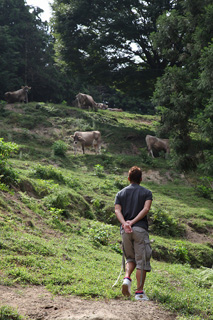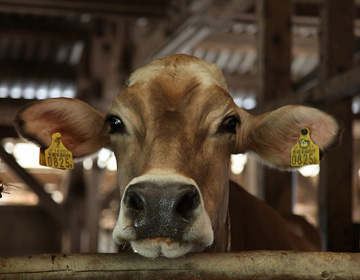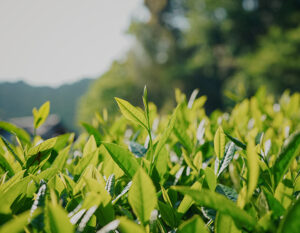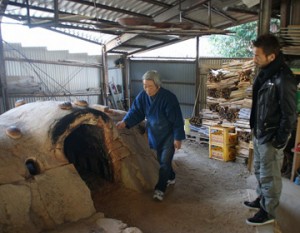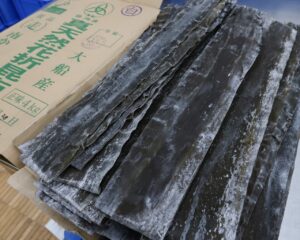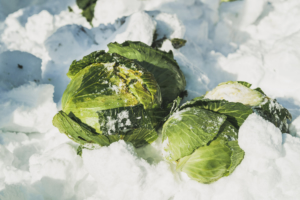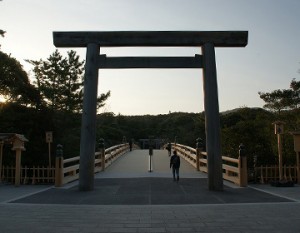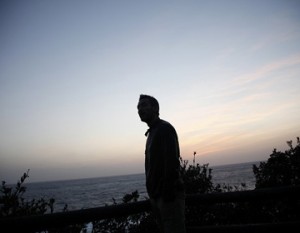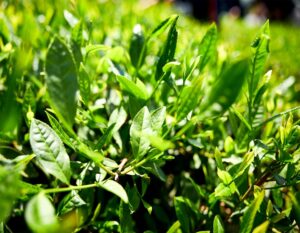What does it mean “to eat”
“To eat” means receiving the gift of life from other living beings. These are the words spoken often by 佐藤忠吉 the founder of Kisuki Yugo. Produced in ways that don’t go against nature and consumed accordingly. These are all activities which take place within nature’s system. Producing, growing, and even consuming are all connected.
忠吉 refers to himself as “hyakusho” Japanese for “farmer” which is sometimes considered discriminatory. But “hyaku” means hundred, so he considers himself to be a farmer who grows one hundred crops. “Hyakusho” must not only have agricultural and dairy skills, they must be able to handle every related task such as bacteriology, nutritional science, and even architecture and medical. Therefore 忠吉(英文表記なし) is still in the course of becoming a true ”hyakusho”. Even after turning 80 and handing the company over to his son 貞之, 忠吉 is actively seeking improvement.
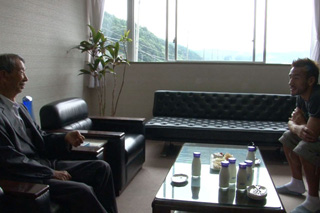
Creating diverse “food”
Kisuki Yugo was founded in Showa 37 (1962). They were farmers, but as Japan was evolving into an urban nation at the time, they longed for “independent farming” and began dairy farming as well. One of the special features of Kisuki Yugo is the pasteurized milk which was the first of its kind introduced in Japan.
Pasteurized milk is milk processed by a heat treatment method developed by the French bacteriologist Pasteur. Milk is generally processed by ultra-high heat treatment, which kills all bacteria including the beneficial ones. Pasteurized milk only kills harmful bacteria therefore retains a natural balance.
The idea of “producing without going against nature and that food is life of another living being” is alive.
At Kisuki Yugo, they are not only involved in agriculture and dairy farming, but also a network called “Shrine of Food” which includes vineyards and wineries, bakeries, and even a ”tofu” maker, all of whom process and sell food using local ingredients. Those involved in the network include not only farmers and consumers but also students, and is creating ties with the local community.
By “not going against nature”, mass production is reexamined. Then, from local production for local consumption to a loose community. A network leading to the future may be found here.
